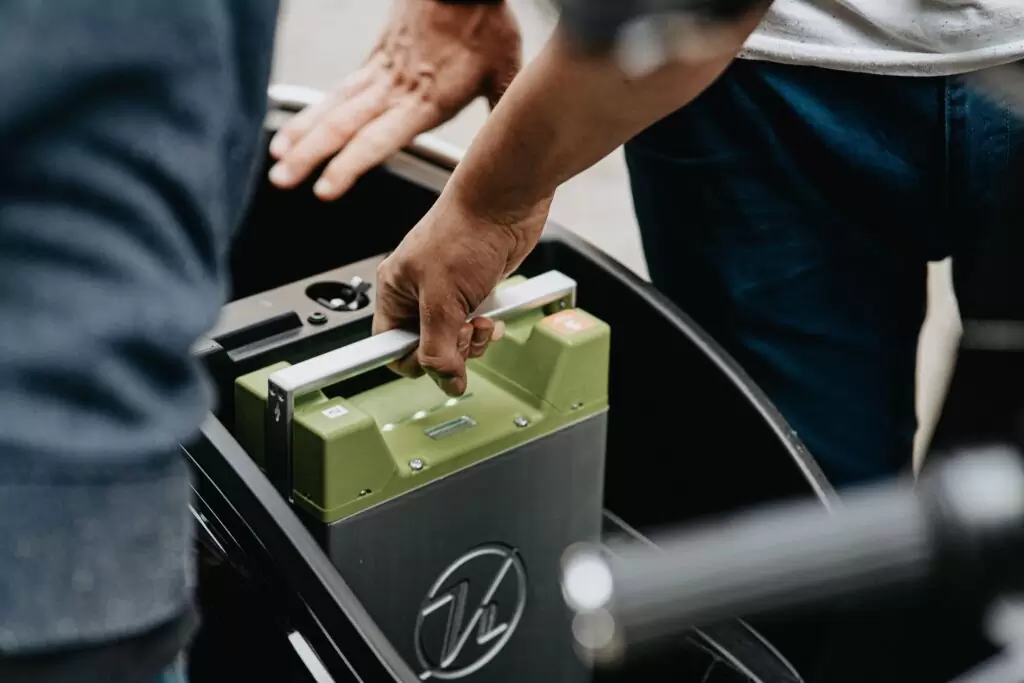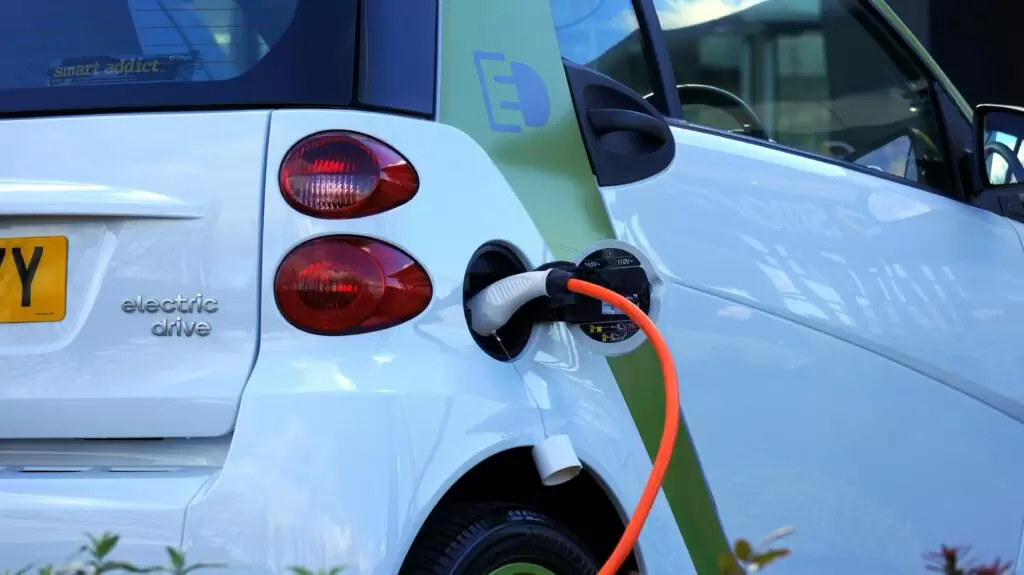With the electric mobility paradigm heavily relying on LIBs, it’s estimated that by 2040, these batteries will contribute to a waste management problem of a staggering 9 million tons per year. Recognizing this impending challenge, REBELION is dedicated to giving used batteries not just a second life but a second purpose.
REBELION focuses on addressing the growing waste issue by extending the lifespan of lithium-ion batteries that are no longer suitable for electric mobility. Most of these batteries remain viable for an additional 10 years, creating an opportunity for a second life in alternative applications. The project emphasizes the critical need for assessing battery performance to predict their longevity accurately and determine their cost-effective suitability for second-life applications.
Our project aims to develop cutting-edge technologies that promote a circular model for LIBs, maximizing second-life and recycling applications. The project has set specific technical objectives, including the validation of Electric Noise Analysis Technology for Li-Ion batteries, the creation of automated testing and dismantling systems, and the development of a standardized battery labeling system supported by blockchain technology.
REBELION will introduce two circular schemes for reusing electric vehicle (EV) and light electric vehicle (LEV) LIBs in Electrical Energy Storage (EES) utility and domestic applications, respectively, with an eventual focus on recycling.
- 1st Circular Chain (EV Batteries): Designed for used EV batteries.
- 2nd Circular Chain (LEV Batteries): Focused on creating a sustainable pathway for LIBs obtained from Light Electric Vehicles.
REBELION’s efforts align with Europe’s ambitious climate targets for 2050. With renewable energy forecasted to be a dominant source by 2030, the project wants to play a crucial role in ensuring the longevity and repurposing of lithium-ion batteries, contributing to a more sustainable and circular approach to electric mobility.








